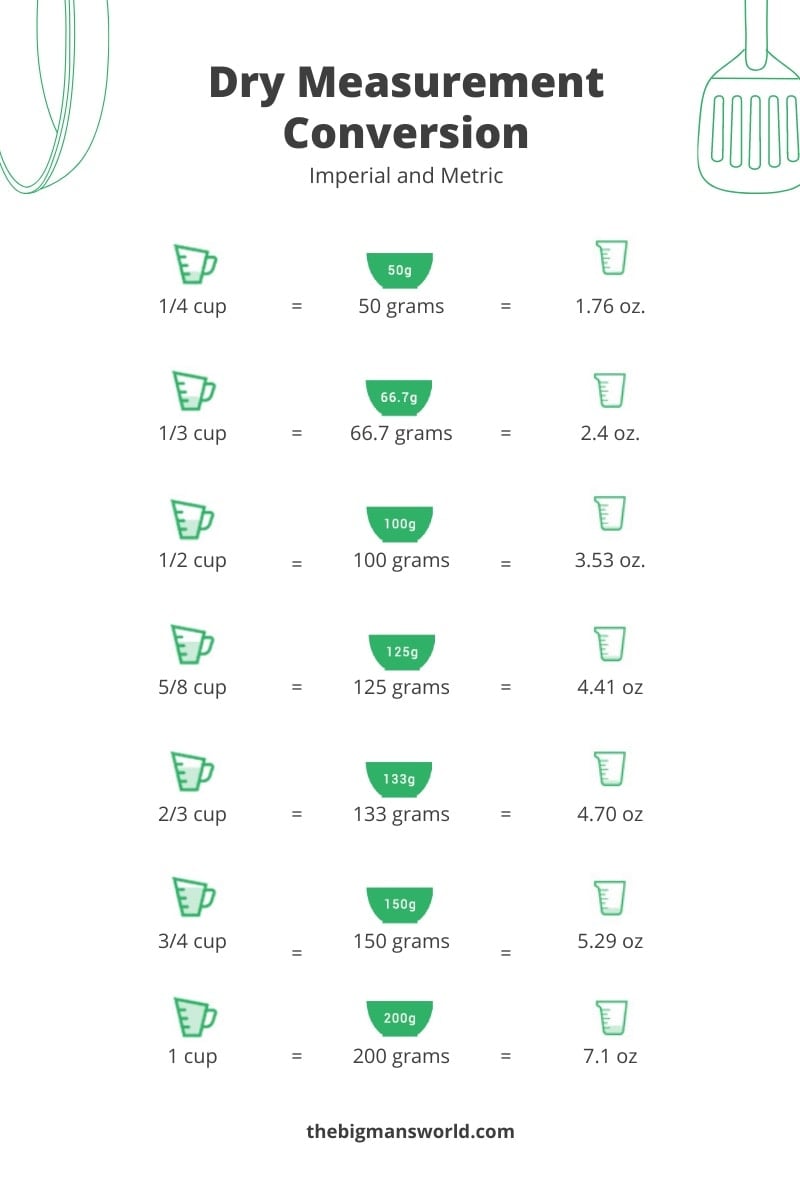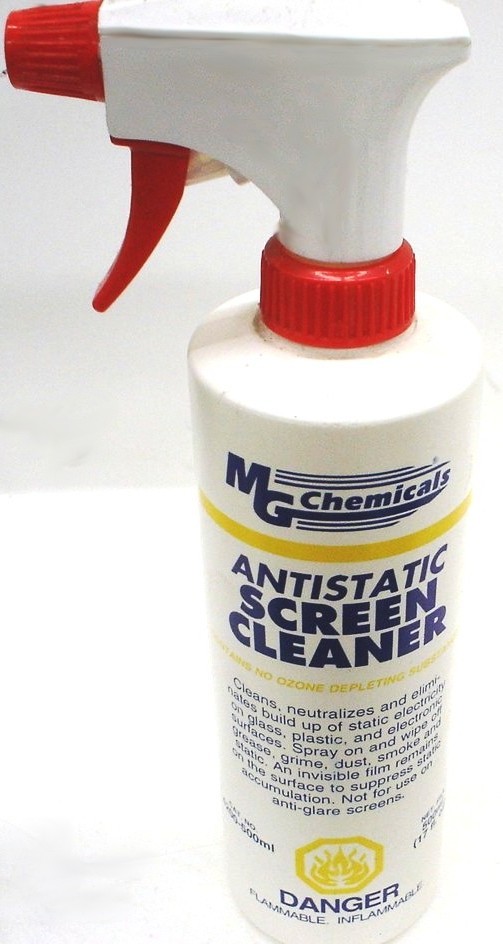Have you ever encountered a recipe that required precise measurements of ingredients in milliliters (mL) but your kitchen scale only displayed grams (g)? Converting between milliliters and grams can be crucial for achieving the perfect balance of flavors and textures in cooking and baking.
Measuring ingredients by weight (grams) is generally more accurate than by volume (milliliters), as volume can be affected by factors such as temperature and air bubbles. Grams provide a consistent and reliable measure, ensuring precise ingredient ratios and consistent results.
Milliters To Grams: A Simple Conversion
To convert milliliters to grams, you need to know the density of the substance you are measuring. Density is a measure of mass per unit volume. Once you know the density, you can use the following formula:
“`
Grams = Milliliters x Density
“`
For example, the density of water is 1 gram per milliliter. So, 1 milliliter of water is equal to 1 gram.

Source: www.indiamart.com
Understanding Milliters To Grams
Milliliters and grams are two different units of measurement. Milliliters measure volume, while grams measure mass. Converting between the two units requires knowledge of the density of the substance being measured.
Density is a measure of how tightly packed the molecules of a substance are. The higher the density, the more tightly packed the molecules are and the heavier the substance is for its size.

Source: www.etsy.com
History and Myth of Milliters To Grams
The history of the metric system, which includes milliliters and grams, dates back to the late 18th century. The metric system was developed as a way to standardize units of measurement across Europe.
One of the myths about grams is that they are the same as ounces. While grams and ounces are both units of mass, they are not the same size. One gram is equal to about 0.035 ounces.

Source: www.indiamart.com
Hidden Secrets of Milliters To Grams
There are some hidden secrets to converting milliliters to grams. One secret is that you can use a kitchen scale to convert between the two units.
To use a kitchen scale to convert milliliters to grams, follow these steps:
- Place the empty container that you will be using to measure the milliliters on the kitchen scale.
- Press the “Tare” button on the kitchen scale.
- Fill the container with milliliters of the substance you are measuring.
- The kitchen scale will display the weight of the substance in grams.
-to-Grams-(g)-Step-12.jpg)
Source: www.wikihow.it
Recommendations of Milliters To Grams
There are a few recommendations that you can follow when converting milliliters to grams.
- Use a kitchen scale for the most accurate results.
- Know the density of the substance you are measuring.
- Use the correct formula for the conversion.
By following these recommendations, you can ensure that you are accurately converting milliliters to grams.

Source: www.indiamart.com
Milliters To Grams and Its Relation to Cooking
Converting milliliters to grams is an important skill for cooking. Many recipes specify ingredients in grams, but you may only have measuring cups and spoons available.
To convert milliliters to grams for cooking, you can use the following table:
| Ingredient | Milliliters | Grams |
|—|—|—|
| Water | 1 mL | 1 g |
| Sugar | 1 mL | 0.8 g |
| Flour | 1 mL | 0.5 g |
| Salt | 1 mL | 2.8 g |
Using this table, you can easily convert milliliters to grams for any ingredient in a recipe.

Source: www.pinterest.co.uk
Tips of Milliters To Grams
Here are a few tips for converting milliliters to grams:
- Use a kitchen scale for the most accurate results.
- If you don’t have a kitchen scale, you can use a measuring cup and spoon to estimate the weight of the substance.
- Be sure to know the density of the substance you are measuring.
By following these tips, you can ensure that you are accurately converting milliliters to grams.

Source: ubicaciondepersonas.cdmx.gob.mx
Milliters To Grams: A Versatile Conversion
Converting milliliters to grams is a versatile skill that can be used in many different situations. Whether you are cooking, baking, or simply measuring ingredients, knowing how to convert between these two units is essential.
By following the tips and recommendations in this article, you can ensure that you are accurately converting milliliters to grams every time.

Source: www.indiamart.com
Fun Facts of Milliters To Grams
Here are some fun facts about milliliters and grams:
- The milliliter is a unit of volume in the metric system.
- The gram is a unit of mass in the metric system.
- 1 milliliter of water is equal to 1 gram.
- The density of water is 1 gram per milliliter.
These fun facts can help you to better understand the relationship between milliliters and grams.

Source: www.indiamart.com
How to Milliters To Grams
To convert milliliters to grams, you can use the following formula:
“`
Grams = Milliliters x Density
“`
For example, to convert 100 milliliters of water to grams, you would use the following formula:
“`
Grams = 100 mL x 1 g/mL = 100 g
“`
Therefore, 100 milliliters of water is equal to 100 grams.

Source: www.indiamart.com
What if Milliters To Grams?
What if you don’t know the density of the substance you are measuring? In this case, you can use a kitchen scale to estimate the weight of the substance.
To use a kitchen scale to estimate the weight of a substance, follow these steps:
- Place the empty container that you will be using to measure the milliliters on the kitchen scale.
- Press the “Tare” button on the kitchen scale.
- Fill the container with milliliters of the substance you are measuring.
- The kitchen scale will display the weight of the substance in grams.

Source: www.indiamart.com
Listicle of Milliters To Grams
Here is a listicle of some of the most common substances and their densities:
| Substance | Density (g/mL) |
|—|—|
| Water | 1 |
| Sugar | 0.8 |
| Flour | 0.5 |
| Salt | 2.8 |
| Milk | 1.03 |
| Oil | 0.92 |
You can use this listicle to help you convert milliliters to grams for any of the substances listed.

Source: jeremyrenners.blogspot.com
Question and Answer
Here are some frequently asked questions about converting milliliters to grams:
- What is the difference between milliliters and grams?
Milliliters measure volume, while grams measure mass. - How do I convert milliliters to grams?
To convert milliliters to grams, you need to know the density of the substance you are measuring. Once you know the density, you can use the following formula: Grams = Milliliters x Density - What is the density of water?
The density of water is 1 gram per milliliter. - How can I estimate the weight of a substance if I don’t know its density?
You can use a kitchen scale to estimate the weight of a substance. To do this, place the empty container that you will be using to measure the milliliters on the kitchen scale, press the “Tare” button, and then fill the container with milliliters of the substance you are measuring. The kitchen scale will display the weight of the substance in grams.

Source: www.pinterest.ph
Conclusion of Milliters To Grams
Converting milliliters to grams is a simple process that can be used in many different situations. Whether you are cooking, baking, or simply measuring ingredients, knowing how to convert between these two units is essential.
By following the tips and recommendations in this article, you can ensure that you are accurately converting milliliters to grams every time.